SeameGro Trial (Airfield)
Colm O’Driscoll, head gardener at Airfield, tells us about trialing a seaweed based plant biofertilizer.
Farming conference season is upon us with BioFarm 2021 and Future Growers Conference both taking place this month. The importance of healthy soil biology will undoubtedly and rightly be echoed as a key message in both conferences. The latest soil science research points to the importance of maintaining healthy soil biology in order to produce healthier plants and ultimately healthier produce. Inspired by learnings gained in previous years conference I was determined to put into practice methods that would culture healthier soils in Airfield Estate.
This season we were approached by SeameGro, a connemara-based company that produces seaweed plant biofertilizers and biostimulants. This innovative company combines the well-known benefits of seaweed alongside beneficial bacteria to improve soil health. Healthier soils will lead to healthier plants and in turn a healthier planet.
Two products were used in the trial which was conducted on “Vitabella” potatoes. Firstly enriched sunflower husk biochar inoculated with Bacillus subtilis was applied at a rate of 2.5kg/m2 to the trial plot. The seed potatoes in the trial plot were dipped in seaweed hydrogel made from Laminaria. This seaweed gel aims to help root establishment by supporting soil microbes. Both products are organic certified by the Irish Organic Association. Naturally, the control bed received neither of these treatments.
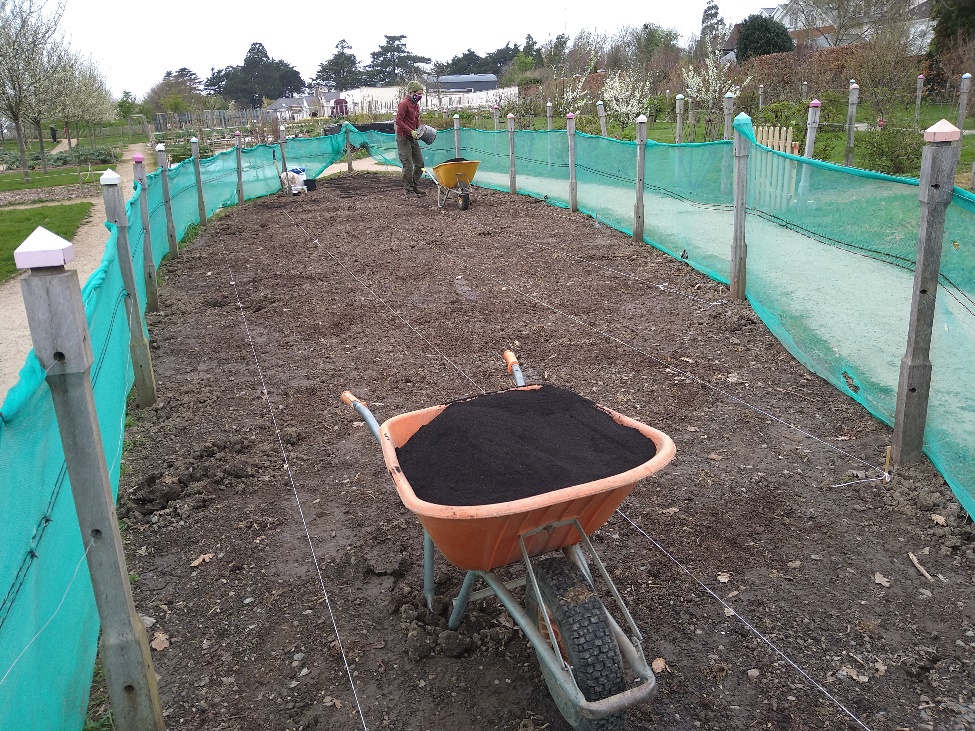
It was a challenging year for second early potatoes in South Dublin. A cold spring was followed by long periods of drought throughout the summer. Neither bed was watered during the growing period. Weed pressure was low and both beds were weeded once before being earthed up and ultimately harvested.
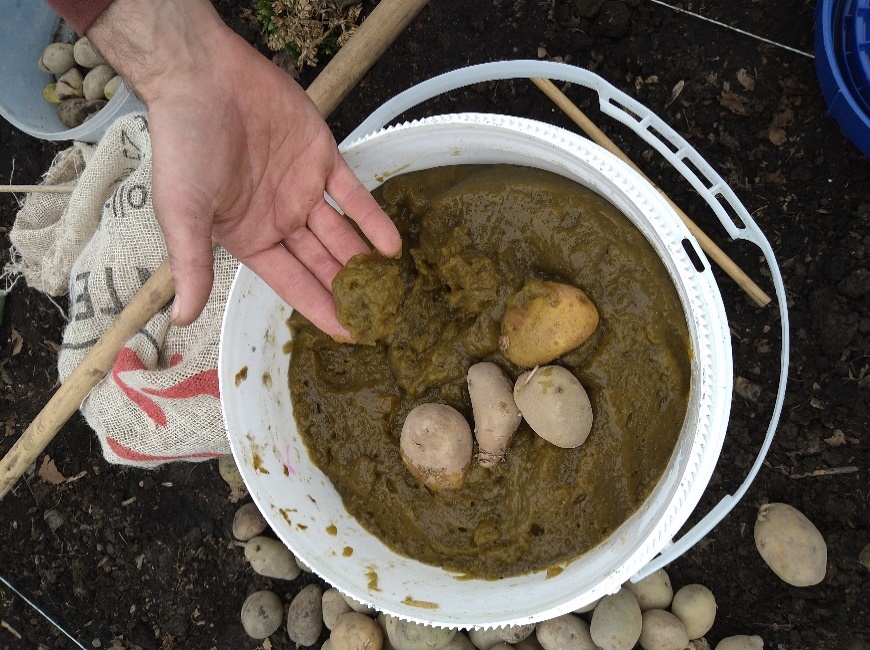
The headline results from the trial was that yield from the trial bed was almost twice that of the control bed. The volume of undersized potatoes in the trial bed was also considerably less in the trial bed compared to the control bed. Overall the yield in both beds was relatively low most likely as a result of the long periods of drought the plants were subjected to during the growing season. The results however indicate that Seamegro seaweed and beneficial bacteria unquestionably aided the plants through this difficult season resulting in more resilient plants with a higher yield.
Potato Trial Results:
| Control | 90 plants produced 47.7kg (including 0.9kg undersized) | Yield 0.53kg/plant | |
| Treated | 133 plants produced 133kg (including 0.9kg undersized) | Yield 1.0 kg/plant | No disease was noted in the control or treated plots. |
Buoyed by these results we will next trial a seed treatment of SeameGro probiotics on our autumn sowing of Broadbeans. The trial bed of beans will be inoculated in a liquid containing Rhizobia and Bacillus subtilis. Bacillus subtilis is a beneficial bacteria that is believed to suppress fungal diseases such as chocolate spot. Its benefits are amplified when paired with Rhizobia. At the time of writing both the control and trial bed has close to 100% germination but the true test will be seen next spring.
One important additional benefit of these products which goes beyond plant health is the benefit they can bring to the planet. Locally produced from sustainable sources Seamegro’s products not only have fewer Airmiles than most of their competitors but they also use cold press technology to create their seaweed products. This process is less energy-intensive than the process used to create the black liquid seaweed or seaweed dust. The bacteria strains they use are also of Irish origin again increasing the chances of them thriving in our soils. Much like our food, there are multiple benefits to sourcing our farm inputs locally.

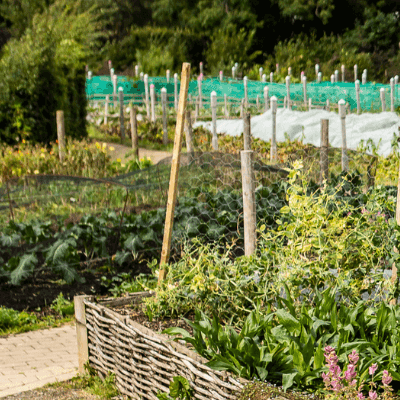
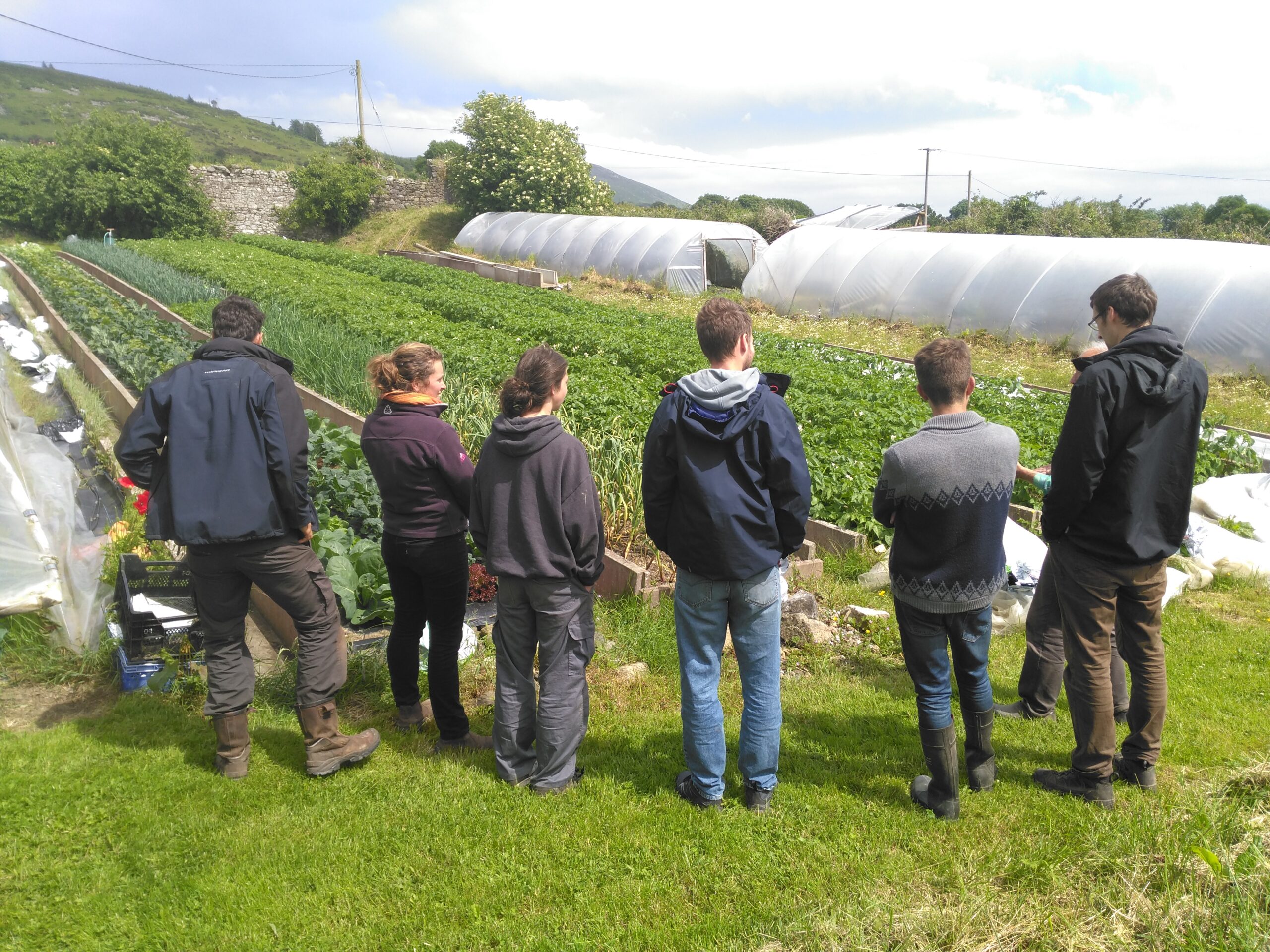
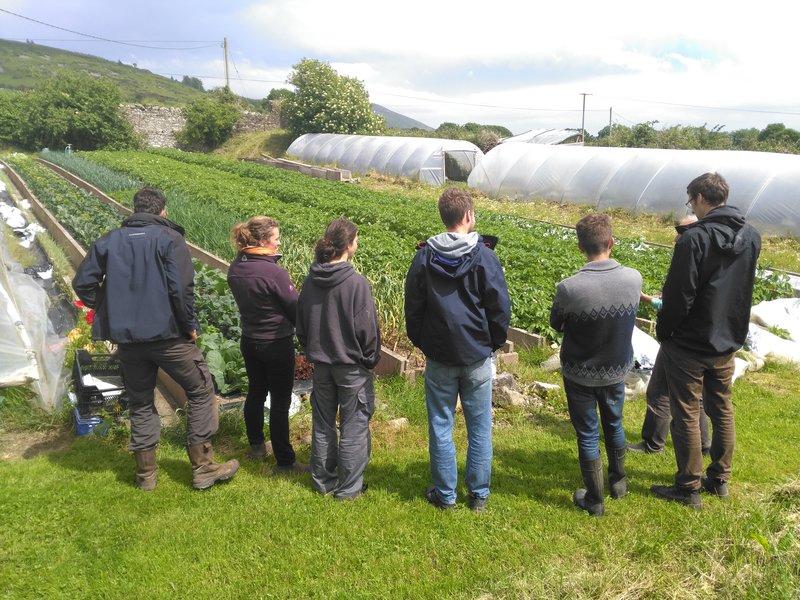


0 Comments